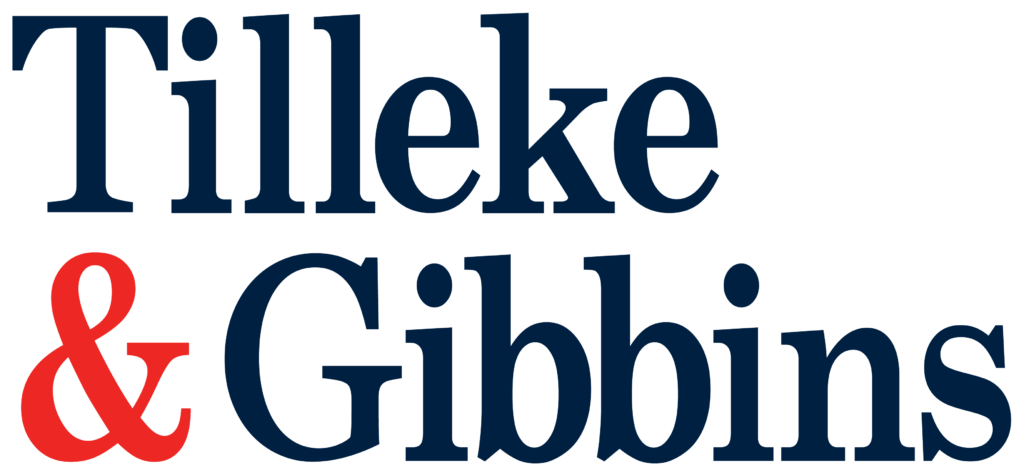Thailand’s Electronic Transactions Committee has publicized a new draft notification detailing additional duties for specific marketplace digital platform service operators under Section 18(2) of the Royal Decree on Operation of Digital Platform Service Businesses Subject to Prior Notification B.E. 2565 (2022). The draft notification, which is open for public comments until November 30, 2024, aims to provide enhanced protection for users of “specific marketplace platforms” (defined below). Some key points of the draft notification are detailed below.
Scope
The draft notification applies to “marketplace digital platform services,” which refers to digital platform services that serve as an intermediary for buying or exchanging goods and provide services to facilitate sale transactions, such as providing communication systems (e.g., chat features), shopping carts, delivery arrangements, and supplemental payment processing facilitation.
“Specific marketplace platforms” refers to Section 18(2) of the Royal Decree on Digital Platform Services, which covers digital platform services that pose risks to financial and commercial security, the reliability and credibility of data messaging systems, or potential harm to the public, and that have a high level of potential impact based on the criteria for assessing the impact of digital platform service operations.
Key Obligations
- Registration. The draft notification requires the marketplace operators mentioned above to be registered as legal entities in Thailand.
- Terms and conditions. The draft notification details additional obligations relating to marketplace operators’ terms and conditions:
- In addition to existing obligations prescribed in the Royal Decree and the relevant subordinate laws, the draft notification emphasizes that the terms and conditions must be in Thai, clear, accessible, and understandable, and may include graphical elements to aid explanation.
- The terms and conditions must prescribe conditions relating to the sale of products subject to specific standards, such as those restricted under the Food Act, the Drugs Act, and the Industrial Product Standards Act. Such conditions include requiring business users (e.g., merchants on the platform) to obtain and present necessary licenses, permits, or certificates from relevant authorities to the marketplace operator, to counter the sale or advertising of prohibited or infringing products.
- Verification and authentication. The draft notification proposes two options for the verification of business users who sell products subject to specific standards on the platform:
- Option one is for marketplace operators to collect certain information about business users and verify their identity by systems that at least meet the Identity Assurance Level 2 (IAL2) requirements.
- Option two is for marketplace operators to collect and verify information such as the name, address, phone number, email address, and identification documents, as well as bank account details and registration numbers of legal entities, for verification. They must also check this information against the government’s database or request reliable evidence from business users. In this regard, certain information of business users must be made available on the platform for all users (e.g., consumers) to check.
- Information retention and government oversight. Under the draft notification, marketplace operators must either (1) have in place a business user registry and submit it to the Electronic Transactions Development Agency (ETDA) every month, or (2) record business users’ information and provide it to the relevant authorities to support the enforcement of other relevant laws, such as the Food Act, the Drugs Act, and the Industrial Product Standards Act. The retention of the business user registry and relevant information is now proposed to be at least 10 years.
- Sales and advertisement control. Apart from the terms and conditions requirements above, marketplace operators must:
- Have details relating to business users’ products subject to specific standards available on the platform for users’ examination. These details include, for example, pictures and descriptions; product registration numbers and marks; name, contact details, and other information of manufacturers, importers, and sellers; storage location; and copyright-related details.
- Check the details of products subject to specific standards against relevant state agencies’ databases and verify the details provided by business users.
- Display a mark to inform users which products sold on the platform require standard certification, licenses, or permits.
- Record information relating to user reviews of products, including users’ names and contact details, and implement mechanisms to protect business users from defaming or false reviews or comments.
- Notice-and-takedown mechanism. Marketplace operators must establish a notice-and-takedown mechanism to allow users to report illegal goods, prohibited goods, and intellectual property rights infringement. The operators must examine and notify users and business users of actions being undertaken within 24 hours and must allow business users to appeal the complaint within 30 days upon receiving a notice from the operators.
- Actions against noncompliance. Marketplace operators must establish measures against business users who violate or fail to comply with the terms of service, including suspension or termination of services.
- Reporting requirements. Marketplace operators are required to report on compliance with the draft notification’s requirements to the ETDA together with the annual report every year.
Status
After the public hearing period, which runs until November 15, 2024, the draft notification may undergo further revisions before it is issued and made legally binding.







